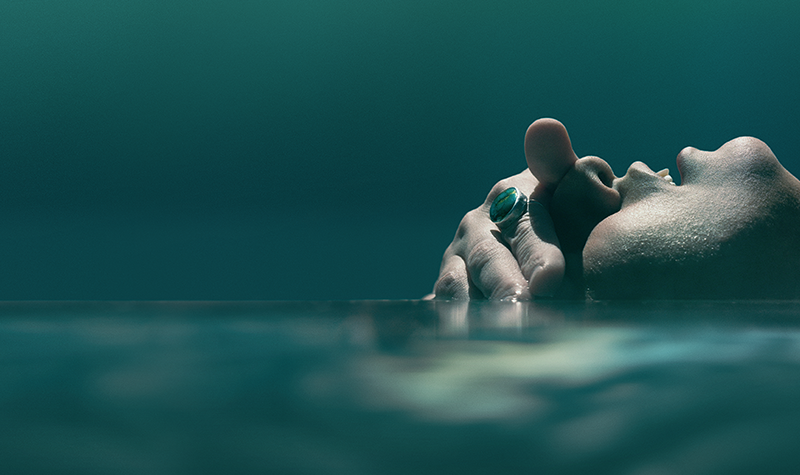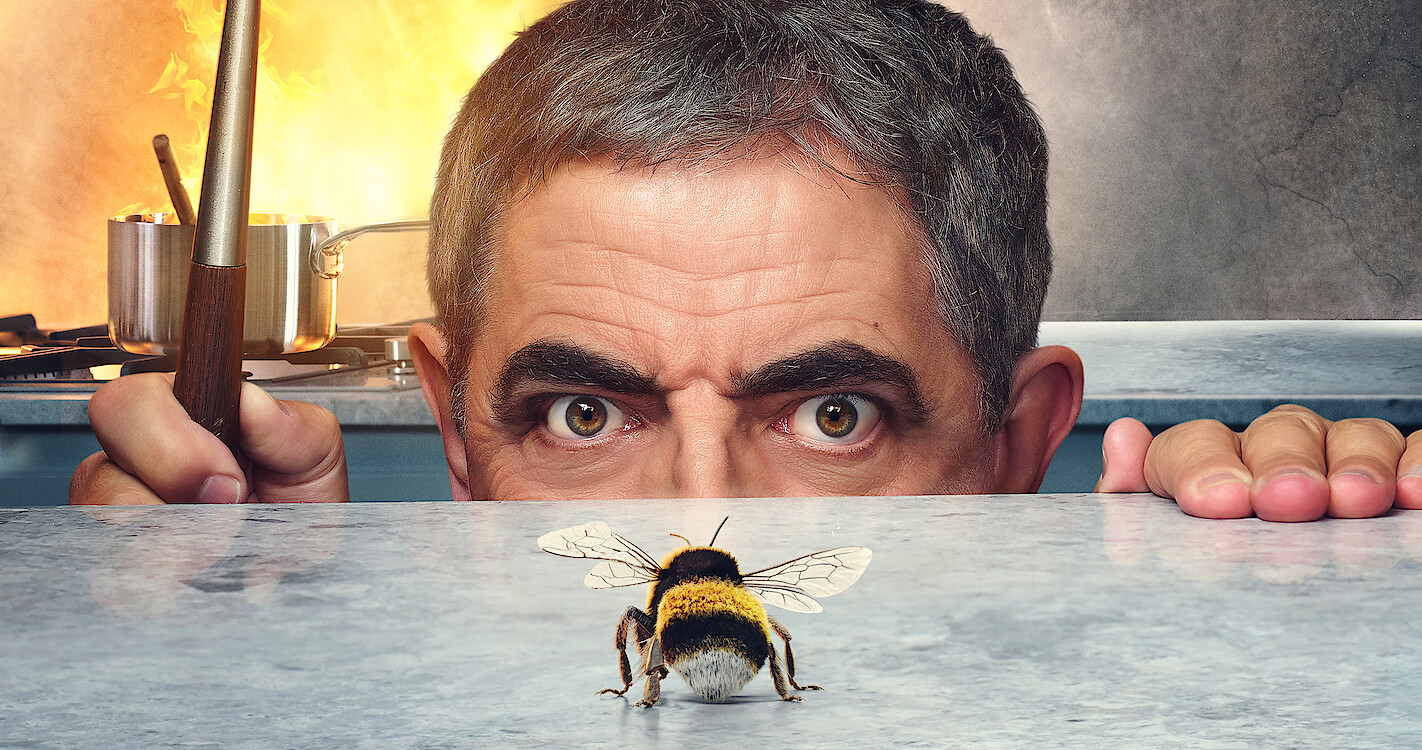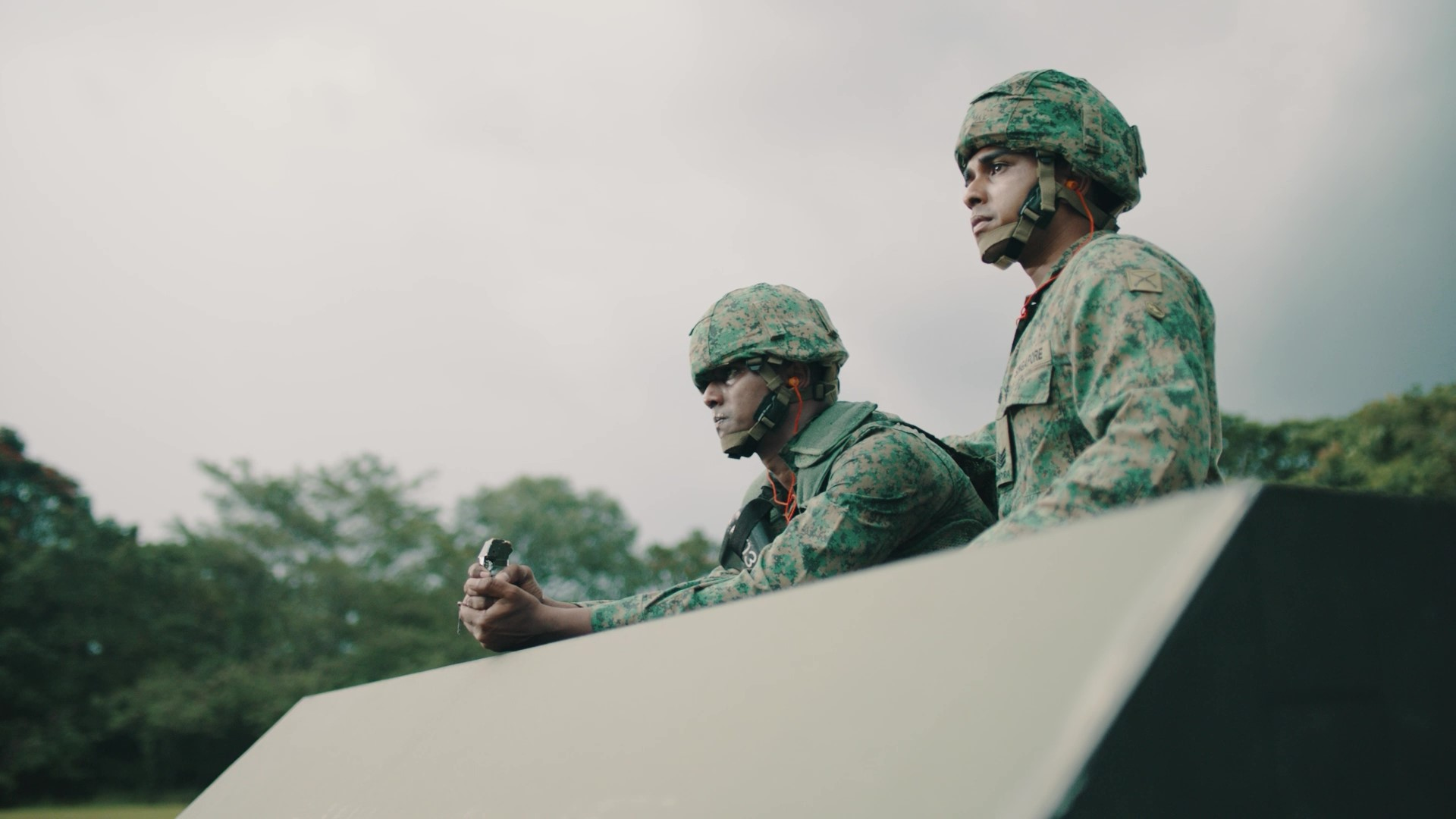Was there a particular reason you chose to set Cages in Singapore?
I really had no choice. The moment my eyes set on the magical sight of Tiong Bahru, I knew there was a story in it.
Why did you channel a bit of Singapore’s kampong days as well as the country’s more modern aspects?
I felt the biggest wedge in a healthy and happy society is the age gap. I wanted to create a clear visual separation to articulate that issue. So, I consciously chose to paint the city in colder colors. That was represented in the modern elements of Singapore. In contrast, rustic, worn, warm colors and elements portrayed my interpretation of the older generation.
What do you feel is, visually, the most beautiful thing about Singapore?
As a foreigner, I must say it is the canopy of foliage created by the towering trees. And I love the rain in Singapore. I love the flowers, the birds, even the moss! You got to remember: I’m from Los Angeles. It’s just a big flat concrete covered desert over there. You have no idea how beautiful Singapore is from my eye.
What was it like working with Tan Kheng Hua?
When I heard she had studied theatre, I was very interested in her work. I knew I needed a trained actress to hold the leading role. She’s a damn good actress and, on top of that, a wonderful person. Acting alone wasn’t enough; I knew we would have to be family forever!
Were there any problems while filming in Singapore?
Weather. My director of photographer Mark Lapwood is a perfectionist; he only shot when the lighting was right. We sometimes waited a bit for the exposure to be just right. I was determined to tell the story of beauty through the visual tapestry that Singapore had to offer. If it meant waiting a few additional minutes, it was worth it.
Do you have plans to film another movie in Singapore and would you consider getting more involved in the Singaporean cinema industry?
Sure. Just ask me. I am proud to make a film shot in Singapore.
PLUS: our movie review of Cages





